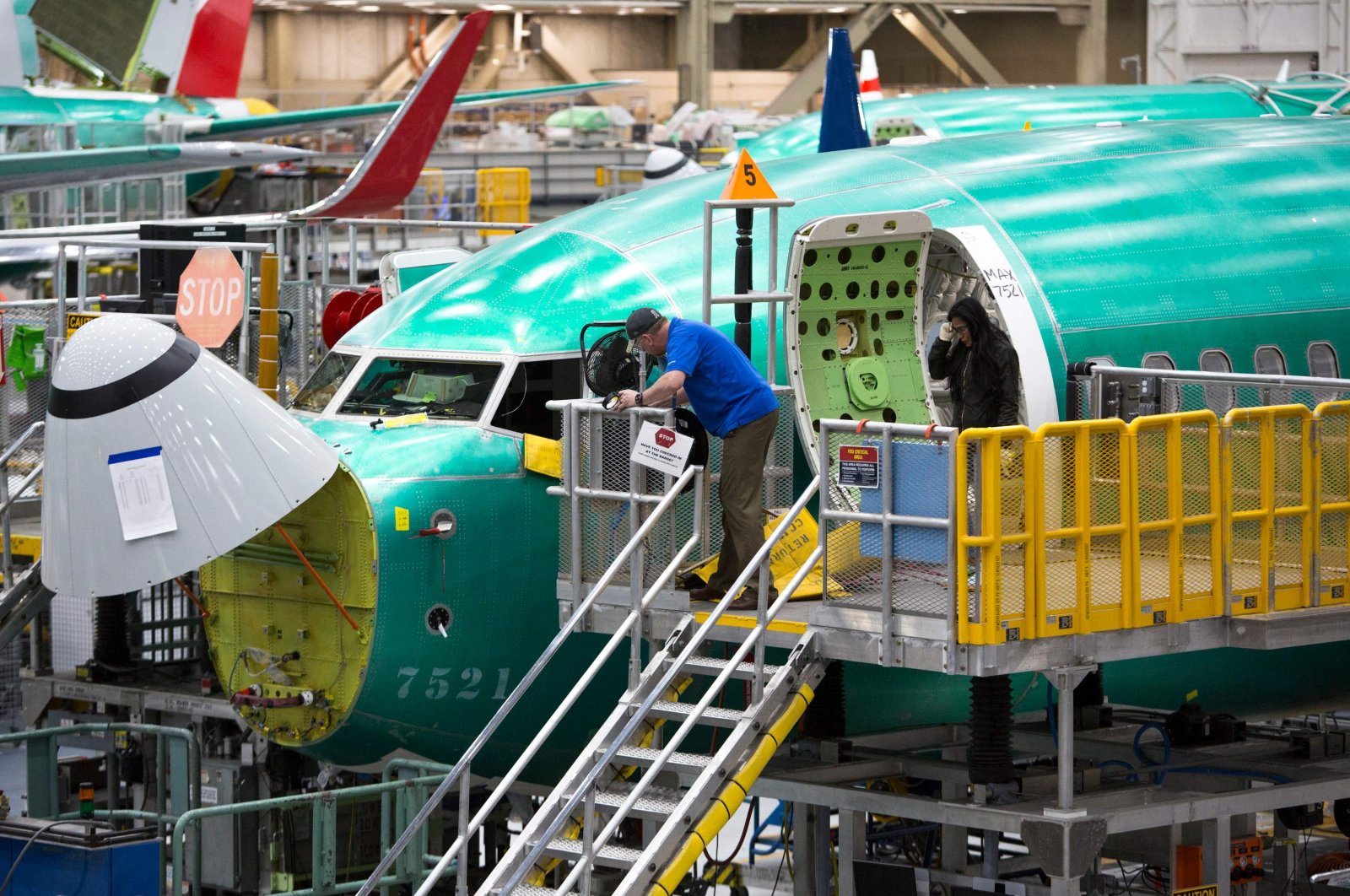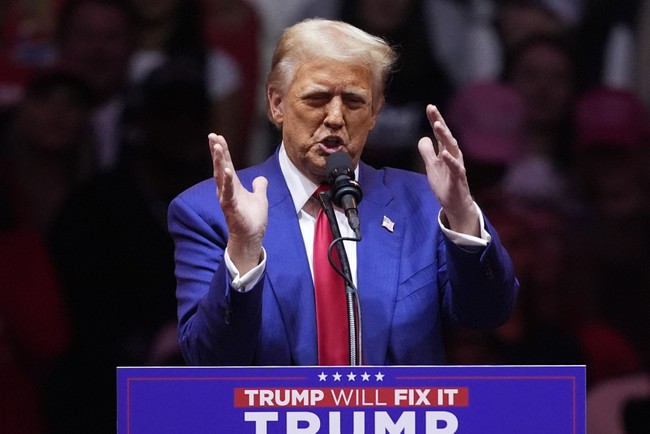Houthi Drone Attack Sparks Explosion in Tel Aviv
Early Friday, Tel Aviv was rocked by a massive explosion, causing fatalities and injuries. The Houthi group has claimed responsibility for the strike.
Published July 21, 2024 - 00:07am

Image recovered from alhurra.com
At least one person was killed, and ten others were injured in a powerful explosion that took place early Friday in Tel Aviv, Israel. The explosion, which struck a prominent location in the city, has been attributed to a drone attack by the Yemeni Houthi group, a faction associated with Iran and labeled a terrorist organization by the United States.
In an official statement, the Israeli police reported that around 3:00 AM, numerous reports came in regarding a loud explosion in the Tel Aviv area. Security forces quickly arrived on the scene, sealing off the area and conducting a detailed search for additional threats and suspicious objects.
During the search, authorities discovered a man in his fifties deceased in a nearby building, his body showing clear signs of shrapnel injuries. Additionally, ten individuals with minor injuries were evacuated from the site for medical treatment. The Israeli military is currently investigating the incident, which appears to have involved an aerial target, presumably a drone, that caused the explosion without triggering air raid sirens.
The Israeli army has increased its aerial patrols to secure the nation's airspace, although no new civil defense measures have been implemented. An American official, cited by the news outlet Axios, confirmed that the U.S. embassy branch in Tel Aviv did not suffer any damage and no American citizens were harmed despite the attack occurring near the embassy.
The Houthi group has openly acknowledged their involvement in the incident. A spokesperson for the group took to social media to announce the success of their military operation targeting Tel Aviv, asserting that the city will remain a key target for their missile and drone capabilities in solidarity with the Palestinian cause.
Media reports from Israel have indicated that the explosion, heard across several areas in the central part of the country, originated on Ben Yehuda Street near the U.S. Embassy. Video footage captured the moment of the explosion, highlighting the extent of the devastation.
Israeli media outlets, quoting security officials, reported that multiple drones might have been involved in the operation. Firefighting units and emergency responders rushed to contain the incident, which left a scene of significant destruction and chaos, eliciting widespread panic among local residents.
The U.S. military confirmed that it had intercepted four drones en route to Israel, adding a layer of complexity to the unfolding security crisis. The aftermath saw numerous theories dismissed, with investigators concluding that it was indeed an orchestrated drone strike rather than a criminal explosion or spontaneous attack.
Palestinian journalists have reported that the attack struck one of Tel Aviv's most significant streets, an area heavily fortified with high-rise buildings, embassies, and additional air defenses, emphasizing the surrounding vicinity of the U.S. Embassy. This observation was echoed by Israeli journalist Samer Khoera, who underscored the high-profile nature of the targeted area.
The Houthi's aggression towards Israel is indicative of their broader strategy of targeting Israeli-affiliated assets and vessels in the Red Sea amid the ongoing conflict between Israel and Hamas in Gaza. The group's actions are portrayed as acts of resistance and support for the Palestinian struggle, although they frequently result in broader collateral damage and disruption.
In the wake of the explosion, there has been significant scrutiny of Israel's air defense systems, as questions arise over how the drone managed to penetrate security measures and cause such a significant impact. The Israeli government, including Prime Minister Netanyahu, postponed diplomatic engagements, highlighting the severity and urgent nature of the situation.
This event signifies rising tensions and increasing complexities in the Middle Eastern geopolitical landscape, underpinning the volatile interplay of regional conflicts and the global implications of such targeted attacks. The Israeli response, international reactions, and future Houthi threats continue to unfold amid an atmosphere charged with uncertainty and peril.

/https://assets.iprofesional.com/assets/jpg/2024/10/586422_landscape.jpg)






